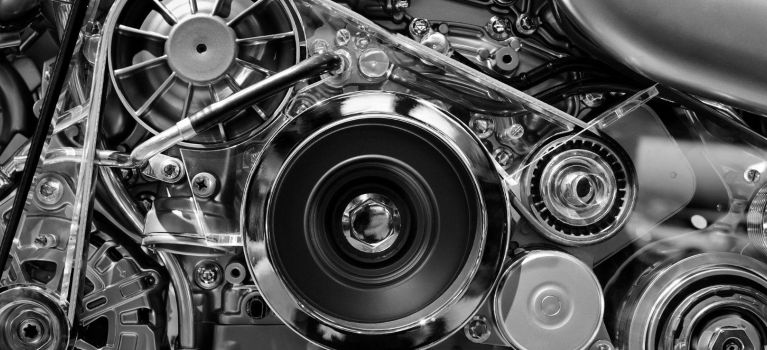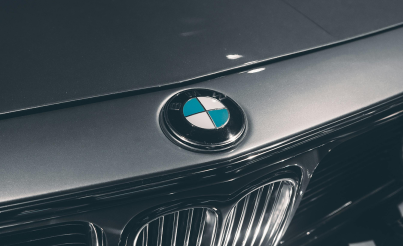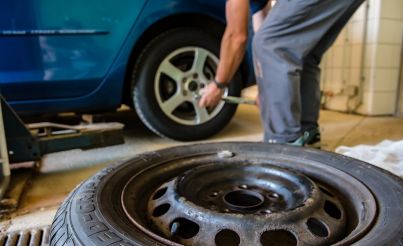Whenever cars are discussed, or their performance is compared, it's all about horsepower. It's also a term that's pretty much bound to come up when you're looking to buy a new or used car, but what does horsepower actually mean? Find out here!
Horsepower: The History Behind the Term HP
Next to assistance systems, performance is one of the most important factors when choosing a car. It is expressed in hp, or "horsepower". But where does the term horsepower come from? Horsepower was invented by the engineer James Watt - who also invented the light bulb. Watt lived from 1736 to 1819 and is best known for his work to improve the performance of steam engines. In the course of this, he tried to compare the power of horses with one. Thus he measured the tractive force of horses in a mine shaft. Many calculations later, he found that one horsepower was equivalent to about 33,000 foot-pounds per minute of work. Horsepower as we know it today (more or less) was born.
HP or kW? Power Measurement and Its Evolution
In fact, there are several units of measurement that provide information about the speed of a vehicle. But horsepower for performance is the most popular unit of measurement for car manufacturers in Switzerland, as well as in much of Europe. Its popularity is declining, however, as the EU's preferred unit for power is now kilowatts (kW). There is a simple calculation for this: one kilowatt is equal to 1.36 hp. Although it may seem frustrating that the EU chooses such a unit, it makes sense in the long run, not least thanks to electric vehicles. After all, electrical power is usually expressed in kW. As electric vehicles become more popular, it stands to reason that car manufacturers will sell electric cars with units that we consumers already know. By the way, be aware that cars with a lot of power, i.e. a high number of horsepower, are also subject to a greater loss in value and are also more expensive to maintain. More power, i.e. horsepower, therefore has - literally - its price.
Torque: What It Means and Why It Matters
A term you will probably come across again and again in this context is car torque. Measured in Nm (newton metres) or lb/ft (pound-foot), torque is a unit that indicates how much rotational force a car can generate. More precisely, it is the rotational force that leads to acceleration. So it is essentially responsible for how fast a car gets from 0 to 100 km/h. And the higher the torque of the car, the faster it can accelerate. You may also come across a torque figure followed by an engine speed (e.g. 1,500-2,500 rpm). This is an indication of a vehicle's peak torque at that speed, so it is better to shift up a gear if the speed is too high. With electric cars, there is no need to increase the revs because the torque is available immediately. The more horsepower a car has, the faster it can reach its top speed. But with torque, things are not so clear-cut. Here it depends on where the highest torque is reached and how long it can be maintained.
The Carvolution Vehicle Range: The Right Model for Every Need
At Carvolution, you’ll find a wide selection of vehicles to suit every taste and need. Whether you're looking for a car with high or low horsepower, a model with impressive kW performance, or an economical vehicle – we have plenty of options. For electric car enthusiasts, we offer a range of powerful and eco-friendly models. Whether you travel long distances or prefer a compact city car, our selection of around 50 cars has something for everyone.
Follow this link to explore our complete vehicle lineup. You’ll surely find the perfect car for you.
SUPER SALE
Benefit from the super price of the Seat Ibiza Style from just CHF 216.- per month and get an additional 2'000 kilometres for free. Request a non-binding offer now!










